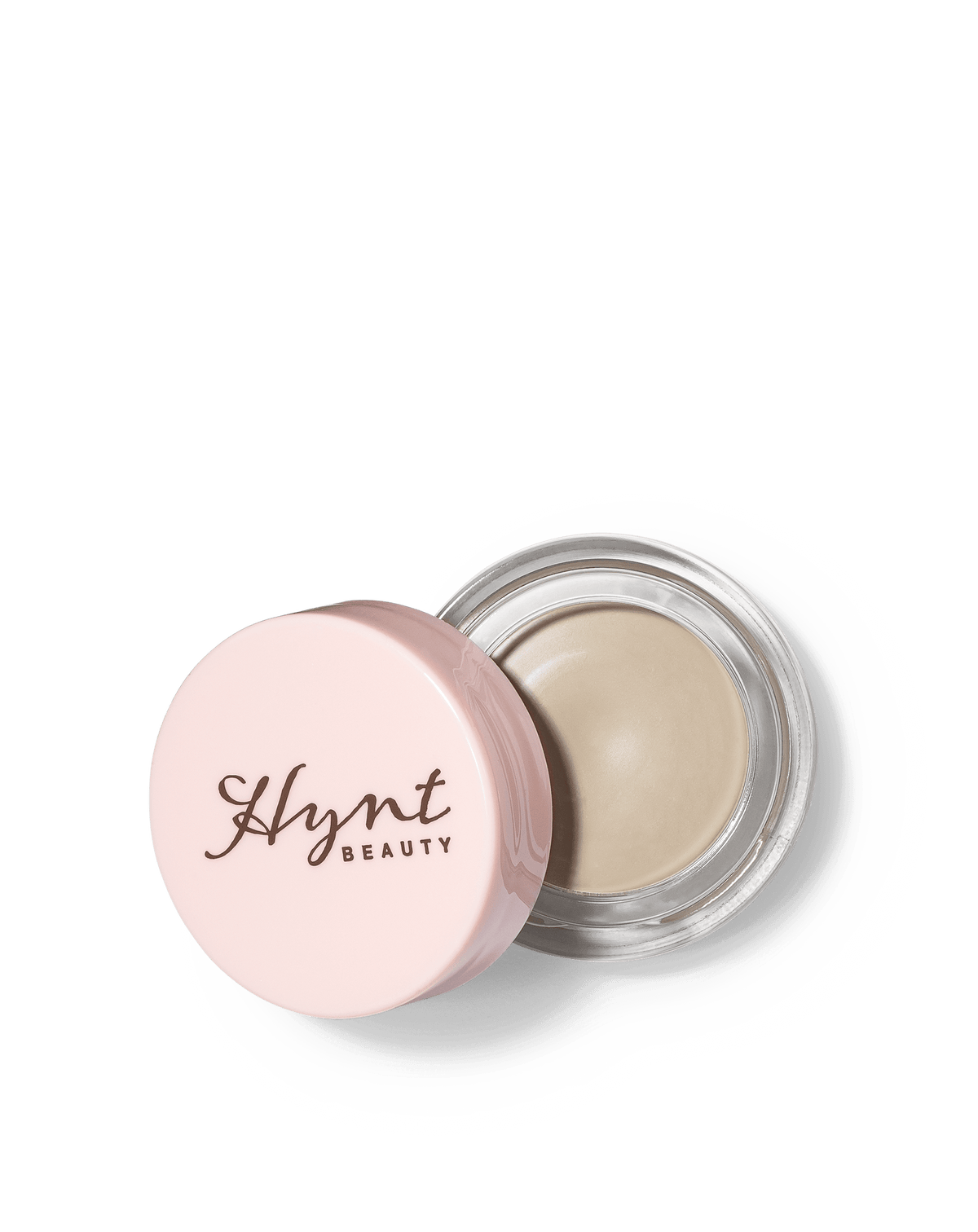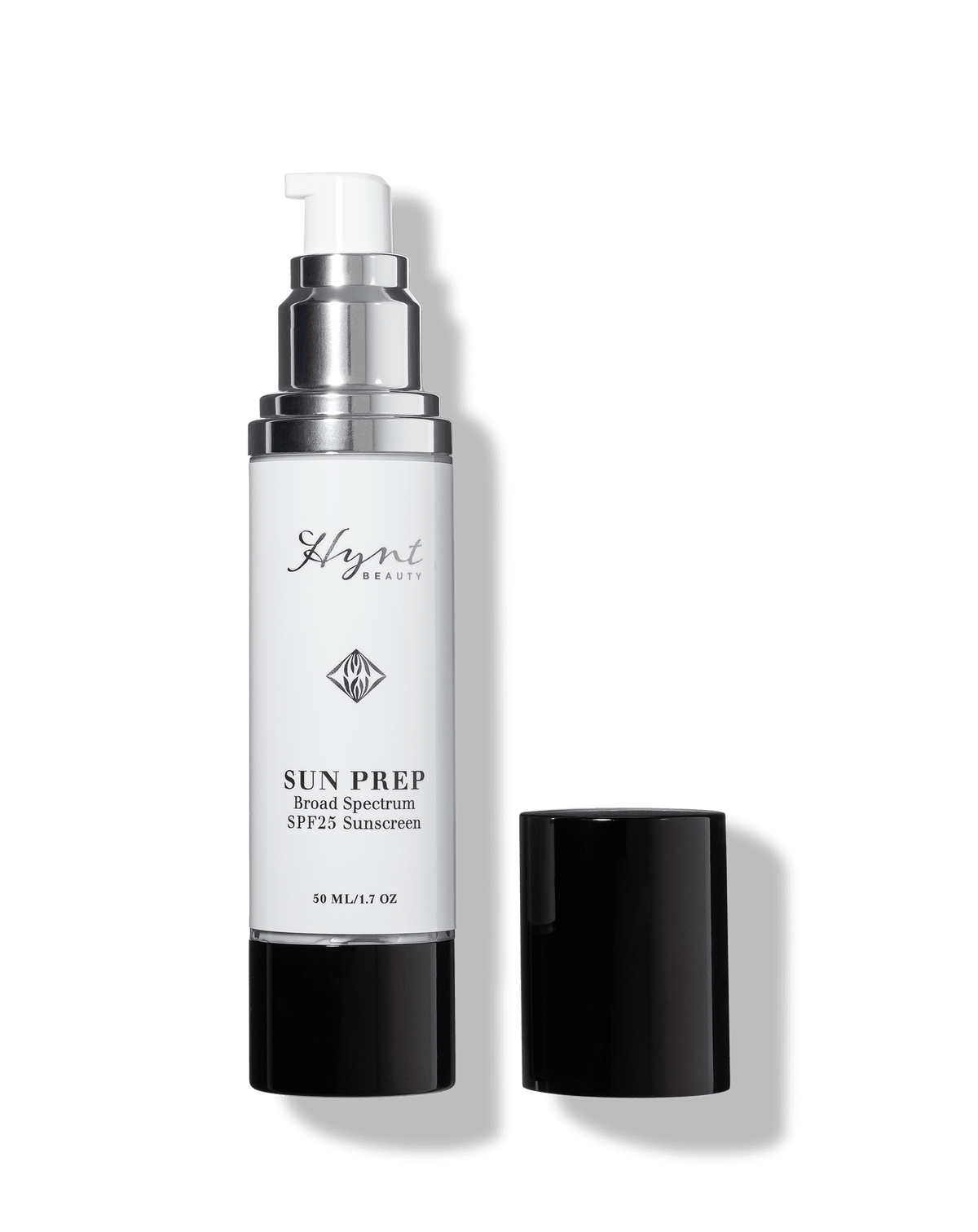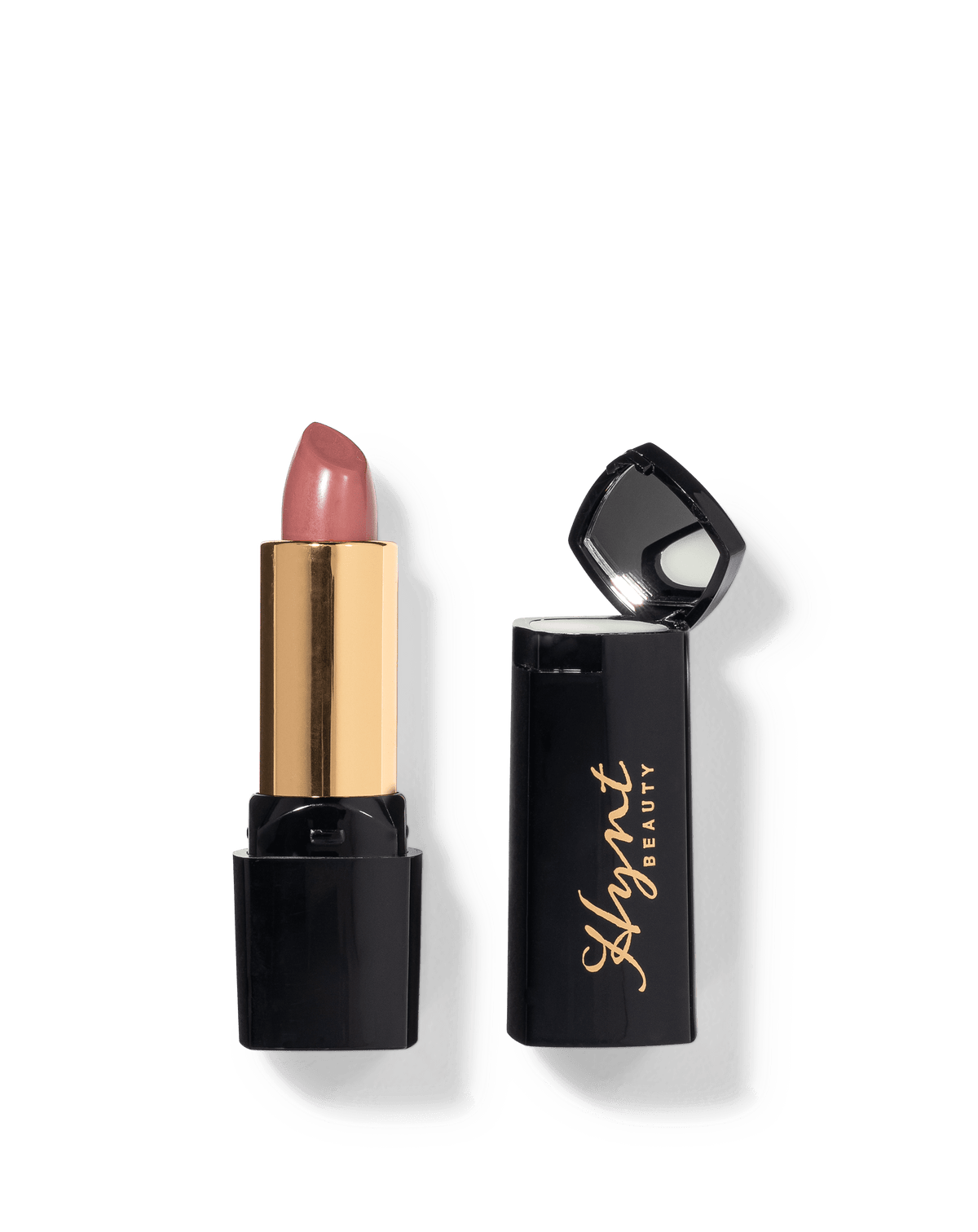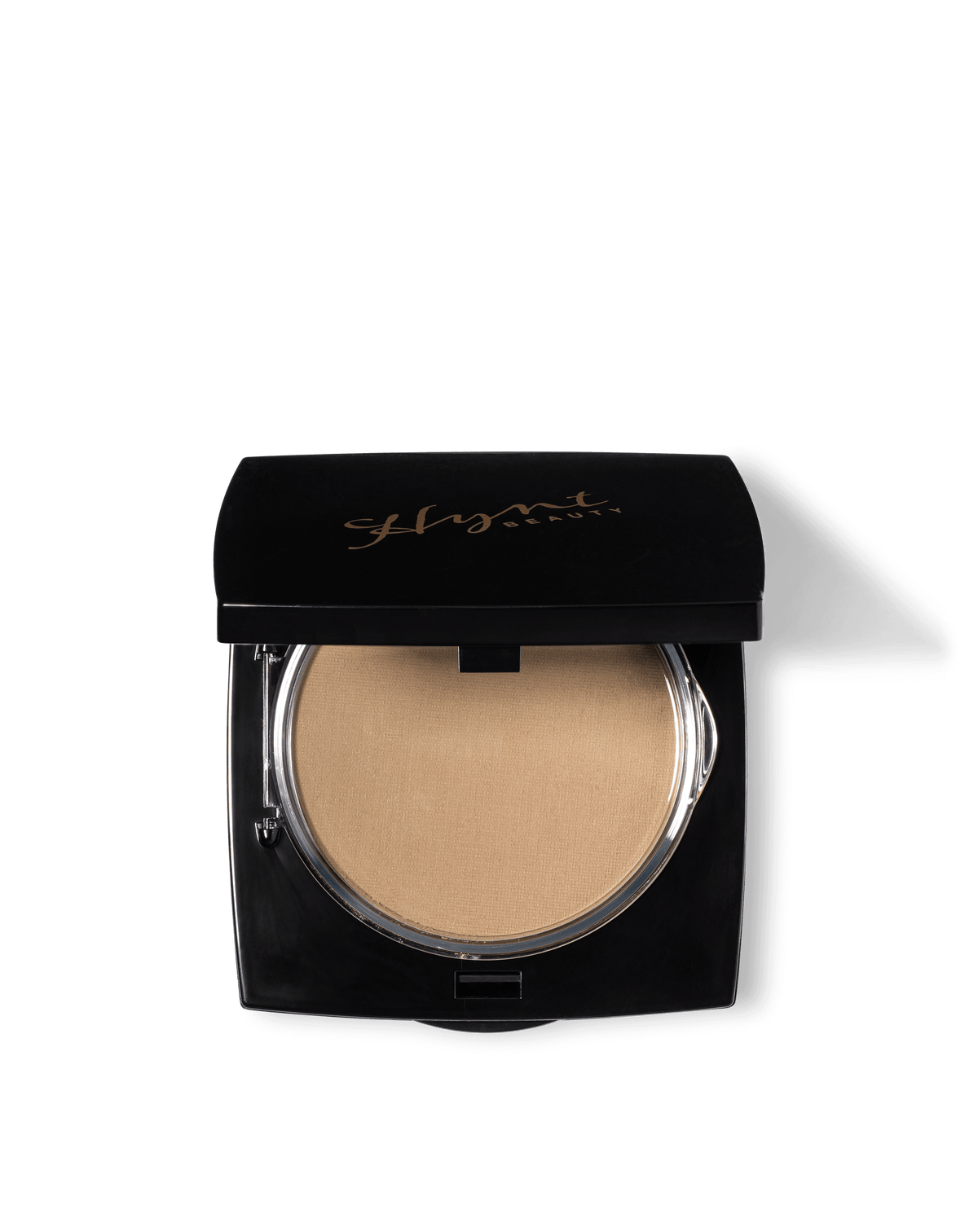From staying out of the sun to watching what foods we put into our bodies, lifestyle choices are often driven by our fears of aging and illness — particularly the Big C. But what about being cautious about what goes on our bodies as well?
That was the takeaway question for two women who, despite the healthy choices they made — eating organic, exercising regularly, and even opting for chemical-free cleaning supplies — wound up diagnosed with breast cancer. It made them wonder where else they were possibly getting dosed with toxins, and their conclusions were the same: their makeup and skin products.
“I thought that if products were on the market, then there was somebody looking out for us, and that there were certain standards,” Meryl Marshall, breast cancer survivor and co-founder of Hynt Beauty, a nontoxic line of elegant, nonirritating makeup, tells Yahoo Beauty. “But that could not be further from the truth.”
Marshall is referring to the largely unknown fact that there is barely any regulation of the $60 billion-a-year makeup and skin products industry — and that the weak federal Food, Drug and Cosmetics Act, which is supposedly there to provide it, was last updated in 1938. That’s essentially allowed the 1,300-plus chemicals that are banned from EU beauty products to have free range in the U.S. — which bans just 11 ingredients by comparison, including the no-brainers of mercury and chloroform.
Having breast cancer inspired Marshall to want to make a difference in the industry — same as it did for Gina Maisano, a two-time breast-cancer survivor. Instead it leaving them defeated, the terrifying brush with illness and rounds of chemo and radiation treatment put both women on a quest for answers and healthy alternatives, and reshaped them into cosmetics entrepreneurs in the process.
“Before cancer, I was an idiot,” Maisano, creator of the new Bétèrre Skin+Care line, brimming with rich creams and serums, tells Yahoo Beauty. “It was what I was eatingthat was the problem, what I was drinking, so sure — just put this cream on and use this shampoo. But what on earth happened to make my first cancer, not hormone-responsive, become hormone-responsive in [a quick] amount of time?” It inspired the former chef to do research on the chemicals people put on their faces, eventually writing a book about surviving cancer. “That’s when I discovered that things allowed on shelves in the U.S. can disrupt your hormones and can cause cancer. So we’re worried about hormones in chicken and beef, but we’ve got hormone disruptors in things people use every single day — and it takes less than 30 seconds for your liver to metabolize what you put on your skin.”
According to the Breast Cancer Fund’s Campaign for Safe Cosmetics, Maisano and Marshall have the right idea. “The Breast Cancer Fund has spent over a decade researching the evidence connecting exposures to toxic chemicals, including in personal care products, with breast cancer incidence,” Breast Cancer Fund spokesperson Denise Halloran tells Yahoo Beauty. “Exposure to these chemicals as well as others we encounter in our everyday lives are likely contributing to our risk of breast cancer and other serious health outcomes. While we are working to remove toxic chemicals from our environment through legislative action and working with responsible companies and retailers, women can decrease their burden of exposure now by avoiding products that contain ingredients of concern and demanding full transparency on ingredients from the brands they support.”
With that in mind, Yahoo Beauty sat down with each entrepreneur to hear more about their beauty-product inspirations.



